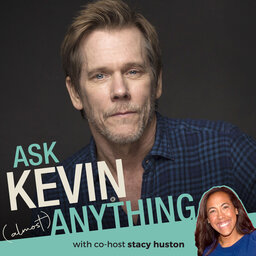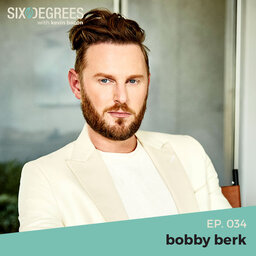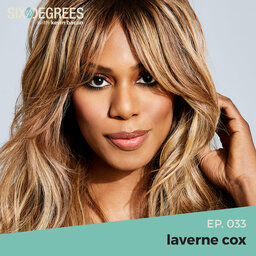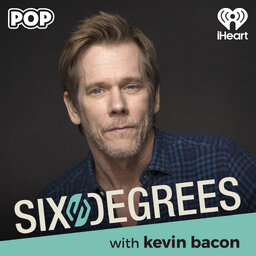A Simple Ask with Patton Oswalt and Alice's Kids
Funny people often overcome tragedy to bring humaneness to our everyday lives. Today's guest has done that and more! Emmy nominated comedian Patton Oswalt joins Kevin to talk about growing up as a military kid, falling in love with acting, and how they both ended up in entertainment. They are then joined by Ron Fitzsimmons, Executive Director of Alice's Kids - a non-profit focused on preserving the dignity of parents and giving kids the things they most desire though direct gifts.
To learn more and get involved with the Alice's Kids, head to AlicesKids.org. To support more initiatives like this program, text 'BACON' to 707070 or head to SixDegrees.Org to learn more.
In 1 playlist(s)
Six Degrees with Kevin Bacon
A singular star, everyone ( and we mean everyone! ) is connected to ...KEVIN BACON. He has starred…Social links
Follow podcast
Recent clips

Ask Kevin (Almost) Anything - Total Eclipse, Earth Day, and The Game That Started It All
45:03

Stand Up To Cancer with Bobby Berk
45:25

Changing The Cultural Context with Laverne Cox & ACLU
43:18
 Six Degrees with Kevin Bacon
Six Degrees with Kevin Bacon